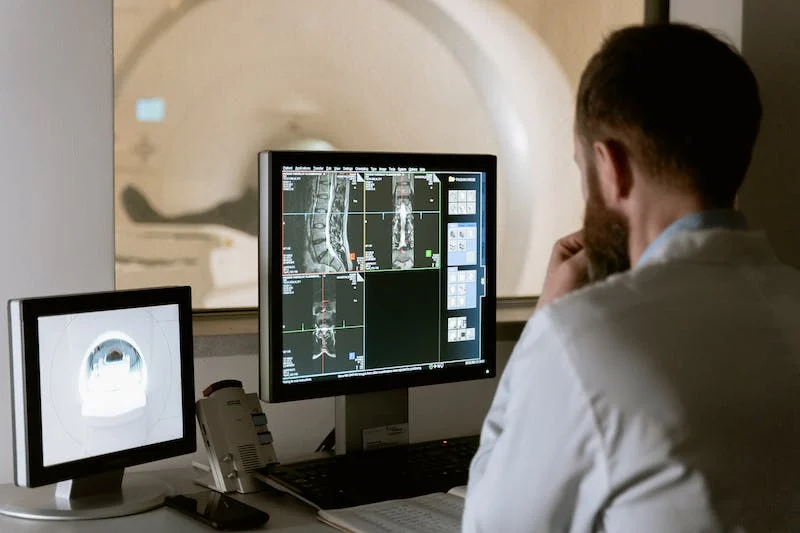
Situation
Neuroendocrine tumors (NET) are a particularly difficult type of cancer to detect and treat.
According to a 2011 study, NET disease is misdiagnosed in more than 8 out of every 10 cases and 58% of patients with NET disease aren’t diagnosed until the cancer reaches an advanced stage. By that point, the cancer has likely spread to a level in which the five-year survival rate among patients is dramatically lower.
Even after the cancer is correctly identified, the diagnosis journey is complex leaving patients often wondering ‘what’s next.’ Also, disease awareness is lacking, and the referral network for this specialty disease is not well established. Treatment is also often costly, meaning that many patients are not able to afford it. In effort to change this reality for patients in the UAE, one company whose portfolio included a critical treatment for NET patients set out to find a partner to design a solution to these critical challenges.
Solution
Axios believes that effective treatment adherence programs are personalized to the needs of individual patients. To design a more effective solution to help patients stay on treatment, Axios turned to its proprietary Patient Needs Assessment Tool (PNAT).
PNAT assesses the risk factors that could lead the patient to stop treatment and helps determine the most effective adherence interventions for that particular patient based on his/her identified risk factors. It was built around the five dimensions of adherence set by the World Health Organization (WHO). It uses a qualitative and semi-quantitative questionnaire to identify and document individual patient risk factors and apprehensions that may lead to poor adherence or discontinuation of treatment. The results are then used to develop a personalized adherence plan targeting these risk factors to support patients in their treatment journey.
In the case of MS patients in Saudi Arabia, in partnership with the Ministry of Health, local MS patient associations and other parties, the following services were made available to improve treatment adherence and improve a patient’s quality of life:
- Educational sessions for patients to increase awareness and knowledge about MS and treatment
- An on-demand support careline to receive and answer patient queries
- Ongoing treatment reminders and follow-up plans
- Patient forums to help empower and motivate patients and caregivers
- Auto-injectors to ease a patient’s injecting process, available upon a patient’s request
Results
The program has been shown to improve disease awareness among all healthcare stakeholders. The increased attention the program has created for NET disease has helped to speed up the diagnosis process and positively impacted the NET diagnosis rate in the UAE — particularly in the pivotal early stages of the disease.

